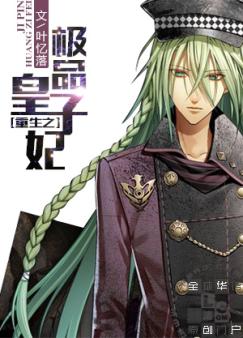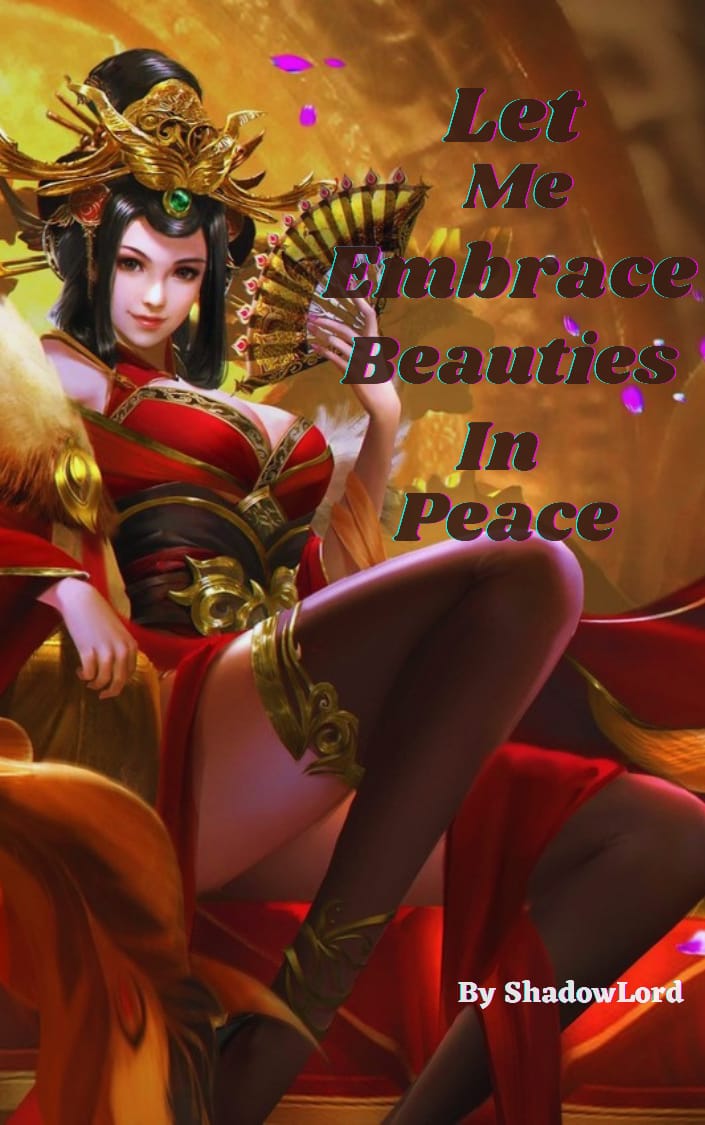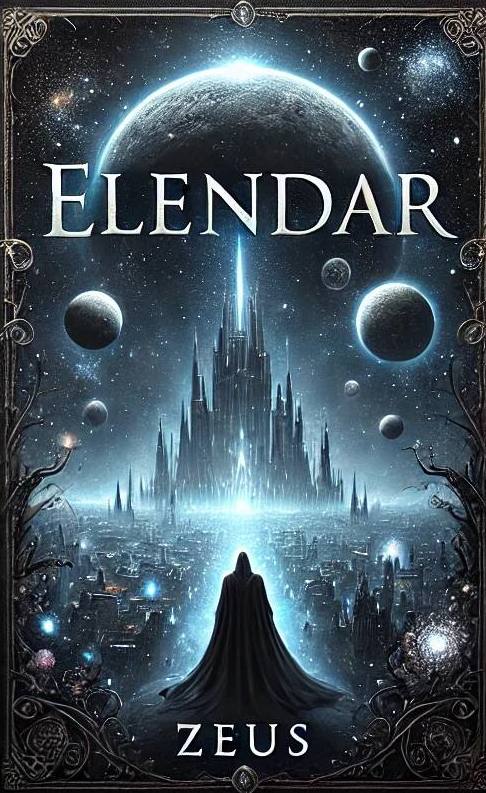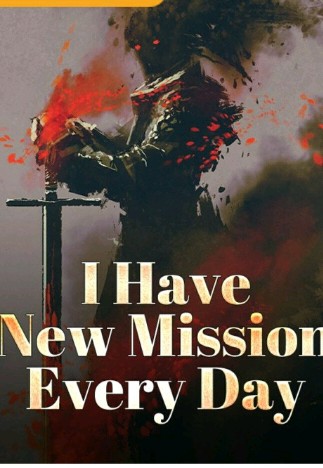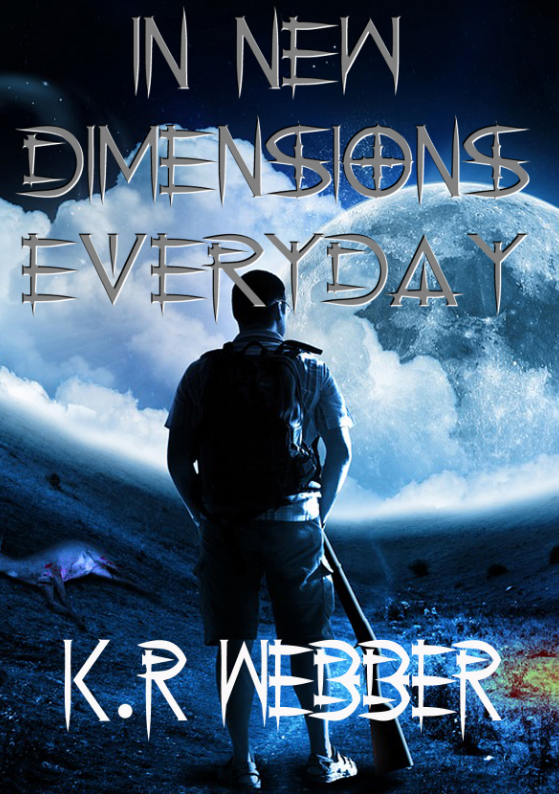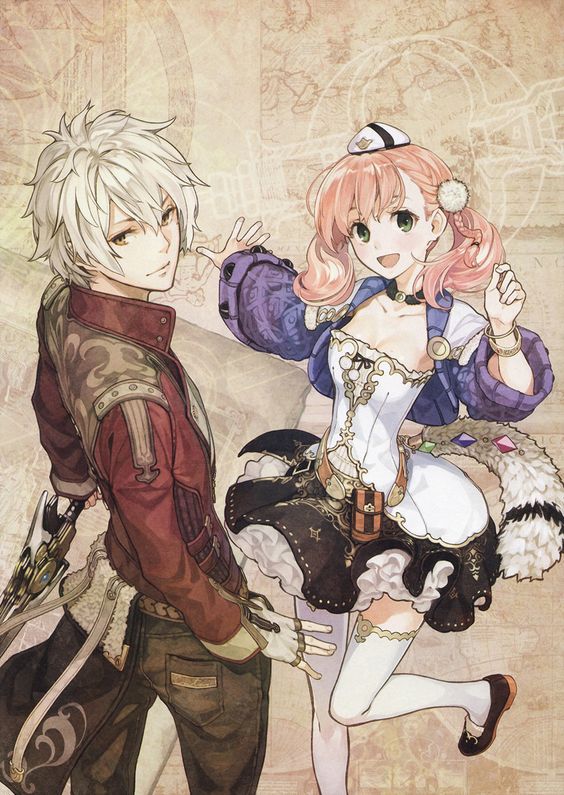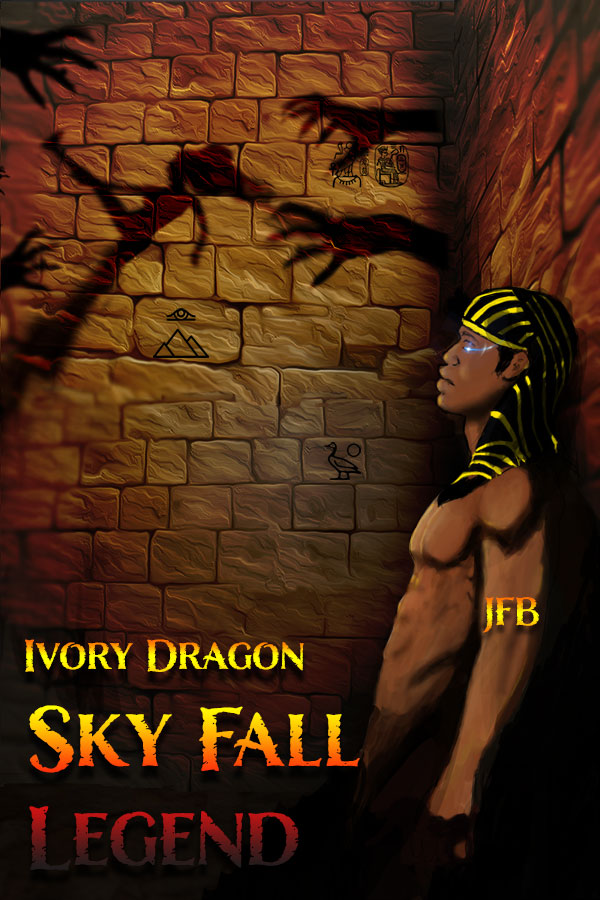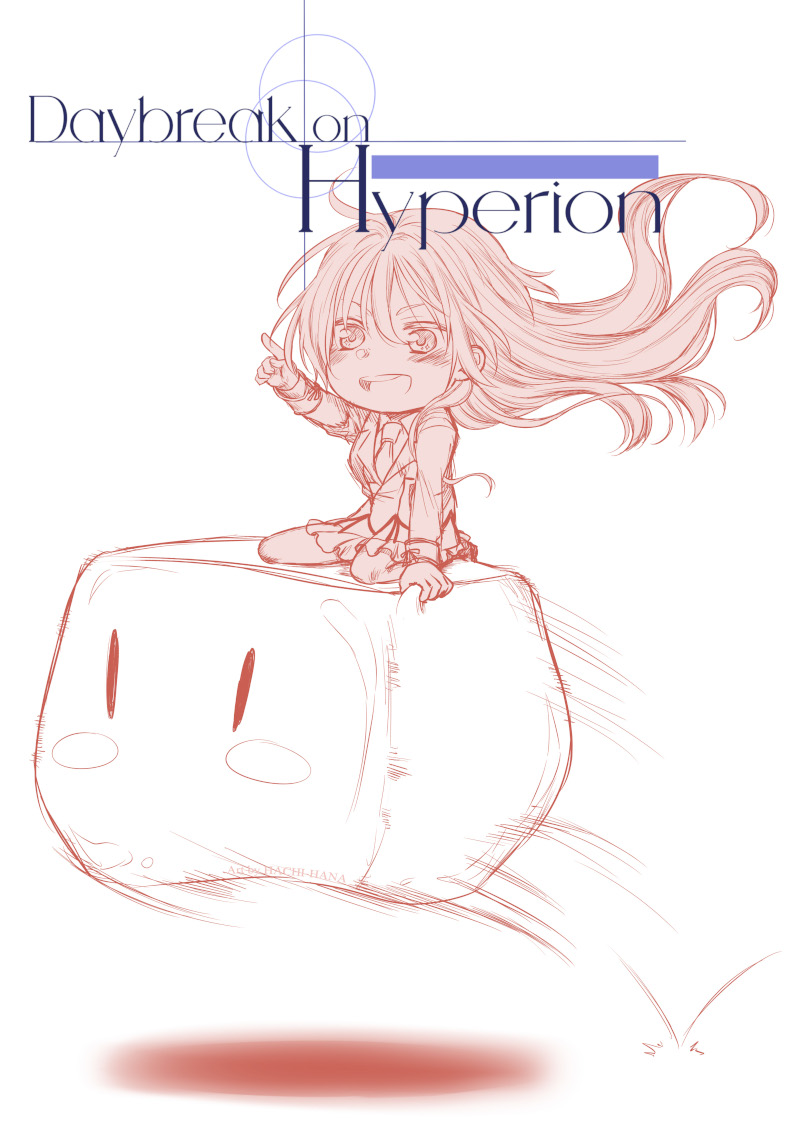The world began to transform as Daisuke ventured further—the crude dwellings became less prevalent, and more structured houses towered in their place.
Dirt roads gave way to cobblestones, and the bustling streets teemed with more well-dressed and coordinated individuals moving purposefully.
“Hey Mister,” Daisuke called out to one of the busy-bodied pedestrians with as much courtesy as he could muster. The man was clad in a mishmash of cheap leather and a few pieces of armor plating.
It’s either this is really inside the game, or a bunch of weirdos decided to host a convention right next to the slums, he mused to himself.
“Could you point me in the direction of the Hunters’ Association?” he asked the man who looked him over assessingly, and Daisuke swallowed pass the hot lump in his throat.
Showering was a rare privilege in the slums, but he had wrapped himself in a trimmed version of the hooded robe that the noble had left behind. This concealed the poor-as-hell rags he wore on his body, and the remnants of cologne on the robe should have masked his stench.
Unconsciously, he combed his fingers through his hair, hoping he had properly driven away all the fleas that had taken up residence there.
“I’m sorry,” the man replied kindly. “I’m not quite sure where you’re referring to. Try asking someone else.”
Is this really a convention, then? Daisuke wondered, finding the deduction nonsensical. He approached another man decked out in far more impressive gear and posed the same question.
“Tha’ hell you want?” this person’s temperament was on the other side of the spectrum. “Huh? The Hunters’ Association? Is that even a thing? I think you mean the Adventurers’ Guild.”
Daisuke stood dumbfounded, his mouth agape. He spent seven years of his life pondering where he was, and it only took a few minutes outside his house to find the answer he so desperately sought. Words couldn’t quite capture the misery he felt.
“Man, even NPCs know that. You must be a damn noob!” the man scoffed arrogantly.
This arrogance and intimidation, the indiscriminate verbal abuse right off the bat. This guy’s definitely a player—no doubt about it.
“Dusthaven.”
Dusthaven? Daisuke frowned questioningly. Is that the name of this place?
“This sorry excuse for a starter village doesn’t have a guild,” the man sneered, his gaze piercing through Daisuke’s youthful visage hidden under the hood. “You’ll have better luck in the next village. But let’s face it, kid… I don’t know if you’re a player or NPC, and I really don’t care. Either way, you look way too green to be guild material.”
With a dismissive grunt, the man turned and sauntered off, leaving Daisuke to wrestle with the torrent of thoughts flooding his mind.
I’m certain now, beyond a shadow of a doubt, that this is all inside the game. But that realization only raises more questions. “Argh!” Daisuke ruffled his hair in frustration before taking a deep breath to collect himself and refocus on his priorities.
Given his circumstances, he knew finding work or leading the life of a player wouldn’t be possible. So, he resorted to what bottom feeders did best: swallowing his pride and rummaging around market stalls and garbage disposals after hours to find scraps.
However, his situation wasn’t unique. People, especially children from both human and Beastkin races, along with feral dogs and cats, were engaged in the same desperate pursuit, and the competition was fierce.
When Daisuke returned home that night, he expected to find his worried mother waiting at the front door. He anticipated her relentless scolding until dawn, followed by a meager offering of stale bread. But there was no sign of her, no flicker of candlelight in the windows.
Fearing the worst, Daisuke hurried inside and made a beeline for the bedroom. “Mom?!” he called out in a panic, his breaths coming in rapid gasps.
He burst into the room to find his mother lying motionless on the well-worn bed, bathed in moonlight. Without hesitation, he rushed to her side, though there was no need to check her pulse; her labored breathing and drenched body told him all he needed to know.
Placing his hand gently on her forehead, Daisuke’s heart sank. “Oh no, you’re burning up! We need to bring that fever down right away.”
Thankfully, it had rained just the night before. In the absence of any convenient water supply systems, much like the rest of the village, they had developed a habit of collecting rainwater in buckets for all their essential needs: cooking, drinking, and bathing.
Daisuke hurried outside to fetch a bucket with the cool rainwater. He dipped a clean towel into the liquid, carefully wringing out the excess before folding it neatly across her forehead.
With another damp cloth, he tenderly dabbed at her neck and arms, hoping to provide some relief from the heat and wipe away the sweat.
“…Haxks,” she whispered weakly, managing a faint smile. “I’m so… glad you’re okay.”
“Don’t strain yourself,” Daisuke urged softly. “Just focus on getting better.”
He bit his lower lip as he realized she had already drifted back to sleep. Instead of scolding him for leaving the safety of their home, she was simply relieved he had returned unharmed.
Yet, in that fleeting moment, Daisuke understood another unspoken message: with his mother bedridden, the responsibility now fell squarely on his shoulders to become the temporary breadwinner, or they would both face inevitable peril together.
Daisuke eyed his sack of hard-earned food scraps with a hint of bitterness. Between constantly being physically exhausted and malnourished, his mother’s health had taken a turn for the worse. Feeding her unsanitary foods would only deteriorate her compromised immune system even further.
Sinking to his knees beside her bed, Daisuke gently cradled his mother’s hand against his face. Despite his outward appearance as a seven-year-old, he carried the weight of an adult inside.
I can’t keep going like this, he resolved within himself. I need to get my ass in gear! I need to step up and take charge!
***
In a forgotten corner of the slums, a lone gingko tree stood tall between two abandoned buildings. Its branches, adorned with golden leaves, provided a modest canopy that filtered the sunlight into soft, dappled patterns on the ground below.
Around the tree, children gathered, making the most of their bleak surroundings. Some perched on the lower branches, while others found seats on piles of garbage or leaned against the worn walls of the buildings.
Daisuke observed them quietly, feeling a sense of connection to their shared struggle in this neglected corner of the world. Rather than engaging in the cutthroat competition for scraps like the other children in the slums, Daisuke took a different approach. With the wisdom of his adult mind, he began forming a coalition among the children, using his eloquence to persuade those he could reach.
“Fighting amongst ourselves,” he declared, his voice ringing out from behind a shoddy, makeshift podium, “will only lead to more suffering. But together, united, we can achieve far more than we ever could alone.”
The children observed the silver-haired boy, their expressions ranging from skepticism to curiosity as his words enveloped them. Gathered in a group of little over a dozen, they included four particularly notable individuals: a Wolfkin boy exuding an aura of overconfidence; an older girl with rabbit ears; a younger human girl clinging to a stuffed bear; and a plump boy of the same race.
It’s pretty surprising he can be packing so much weight while living in the slums, Daisuke thought inwardly. He’s… not a cannibal, is he?
“Hey, fatso,” the Wolfkin called with a scathing grin. “How can you look like that when everyone else here is all skin ‘n bones? What’ve you been eating?”
Looks like I wasn’t the only one with that chain of thought, Daisuke pondered with an awkward smile. Then he cleared his throat, breaking up their banter.
“To ease the tension,” he suggested, “how about we break the ice by introducing ourselves and sharing a bit about our aspirations. I’ll start, then we can go around the group.”
In response, the Wolfkin clicked his tongue and crossed his arms with an unfriendly scowl. Daisuke laughed awkwardly, suppressing a wicked urge, but he took a calming breath and prepped a pleasant mask.
“I’m Haxks, a seven-year-old who’s spent my whole life here in the slums with my mother. My mission is to revitalize our community, to lift everyone up so we can all thrive and lead better lives.”
The Wolfkin rolled his eyes mockingly while the other children listened intently, evidently captivated by the conviction in the words.
“My name is Mia,” the bunny-eared girl introduced in a velvety tone. “I’m ten years old, and my lifelong dream is to become a pharmacist so that I can help those in need.”
As all eyes turned to the little girl with pigtails, she clutched her bear tighter and buried her face in Mia’s clothes.
“This is April and Mr. Honeykins,” Mia introduced with a warm smile, gently stroking the girl’s hair. “She says she wants to become my assistant when I become a pharmacist.”
“I-I’m Ribbit,” stammered the stubby human boy, his gaze shyly fixed on his toes. “I’m eight years old and I love food. My dream is to become a chef so that I can prepare delicious meals for everyone.”
“I think you meant all for yourself,” accused the Wolfkin with a sly grin. “Anyway, as you all know, I’m Brek, nine years old. My dream is to become an adventurer and journey across the world.”
At the end of the introductions, Daisuke descended from the podium, his gaze sweeping across the gathered faces to which he could now assign names. “I understand that some of you may have doubts about my proposal,” he began, his tone earnest. “Truth be told, I have my own reservations as well. But I truly believe this is a necessary evil to bring about positive change in our community.”
“I agree,” Mia chimed in sweetly, her voice carrying an aura of unbiased affection. “Personally, I don’t think we even need to consider this as a long-term solution; we could pool our earnings and invest in agriculture. That way, we wouldn’t need to worry about food.”
Exchanging hopeful glances, the children nodded in unison, their heads bobbing up and down like synchronized metronomes as whispers of agreement rippled through the group.
“That’s a genius idea,” Brek exclaimed with a mischievous grin, shooting Ribbit a teasing glance. “Working the fields would totally whip some people into shape—because let’s face it, they could definitely use the workout!”
A chorus of laughter erupted from the children, and Ribbit blushed furiously. “…And you,” he countered with an unimpressive scowl. “Instead of a horse, you can be the cart-pulling dog!”
“What?” Brek snapped, his eyes narrowing in disbelief as some of his peers chuckled. “What’s that, you fatty?”
Mia ignored the back-and-forth banter between the two boys and knelt in front of April. The little girl’s cute pigtails framed her round face, and her shy eyes peeked out from under the veil of her bangs.
With a smile, Mia gently caressed the stuffed animal’s head, her voice brimming with kindness as she spoke, “Maybe we can find some friends for Mr. Honeykins to play with, if things go well. Wouldn’t that be nice?”
“H-Hn!” the toddler nodded eagerly, her eyes gleaming with excitement as she embraced her cherished toy.
Daisuke’s smile widened as he observed the tender scene unfolding before him. Amidst the playful banter between Ribbit and Brek, a palpable sense of camaraderie began to blossom among the other children.
The air, once heavy with tension and uncertainty, was now filled with laughter and shared moments of connection. It was as if a veil had been lifted, revealing the warmth and companionship that had always been there, waiting to be embraced.
PIT-PAT.
Daisuke raised his hand, palm up, as a droplet of rain tapped his head. Tilting his head back, he observed the overcast sky. The sun, just moments ago peeking through the clouds, was now swallowed up entirely.
To a child in Dusthaven, rain was harmless, even fun, but to an orphan in the slums, it was a force to be feared. Without family or guardians, illness could spell death for these children. While others might see a fever as a mere inconvenience, for an abandoned child, it could be fatal.
As the rain intensified into an unrelenting downpour, the children scurried into an old abandoned wagon wedged against the building’s wall. Its roof, badly mended with hay and trash, barely held off the leaks.
Outside, the wind gusted, and inside, the children huddled together, shivering from the cold. Daisuke could hear their stomachs grumbling and the soft cries of those who couldn’t endure much longer. Their faces were etched with grief and suffering, wearing a sorrowful mask no child should bear.
Unbeknownst to him, Daisuke began to see these people as more than just strings of data. They were real human beings, like him, craving warmth and comfort, harboring dreams and aspirations, and experiencing hurt and loneliness. How then, were these children any different from real human beings?


